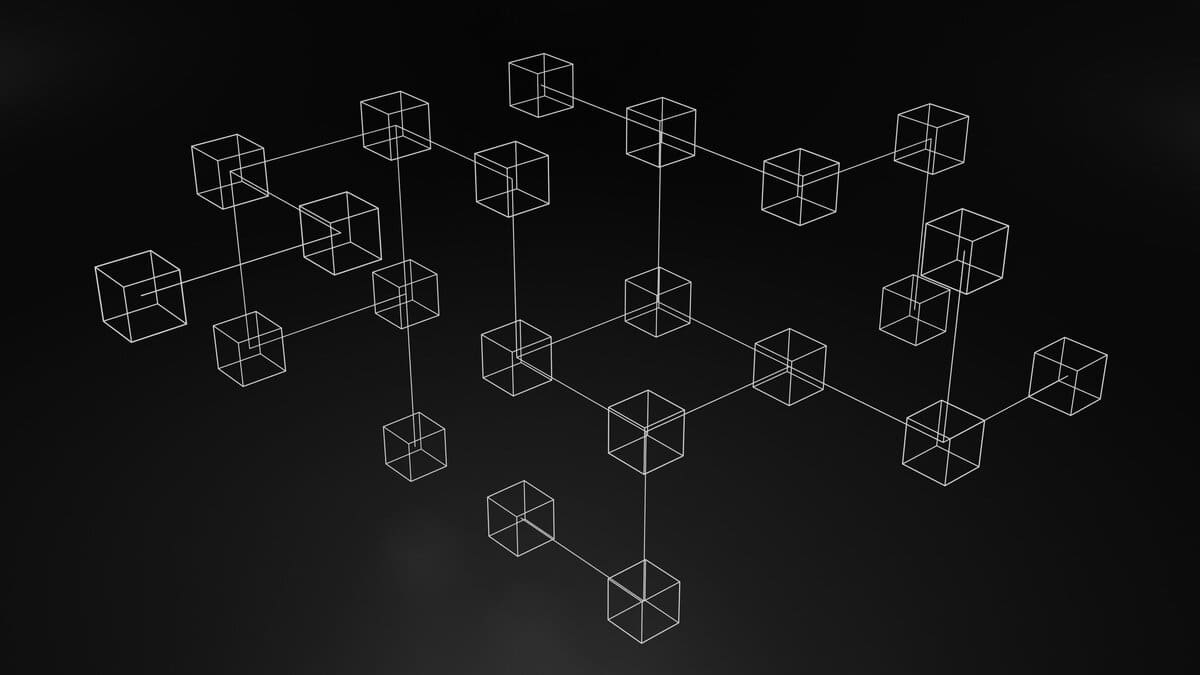Guest Post: By Natalia C. Aranovich, Esq. – Business and Intellectual Property attorney at Aranovich Law Firm.
And Annamarie Nistico, J.D. Candidate, Pepperdine Caruso School of Law
What are DAOs?
DAOs are short for Decentralized Autonomous Organizations and are member-owned communities without centralized leadership.They are created using blockchain technology and all the members of one DAO can decide together about the “life” of the organization. The decision making process is ruled by smart contracts. The smart contract defines the rules of the organization and holds the group’s treasury. Once the contract is live on the blockchain, no one can change the rules except by vote of the people who are in charge of the organization. Despite that, because the treasury is defined by the smart contract, no one can spend the organization’s money without the members of the group’s approval.
DAOs will be the new social media, the new form of forming business entities without the governance structure, and the new way to interact in video games. The members of the different DAOs will be able to interact among themselves on the internet. Can you imagine this completely virtual business model? Where business partners and people connect and meet only online, while living all around the world? How about where rules and governance are encoded in smart contracts and decisions are made autonomously?
Admittedly, DOAs are still a relatively novel business model, and their formal legal status is still undefined in many U.S. states. However, as a legal practitioner, I can already raise two questions. The first is related to the personal responsibility of the members for the DAO and the second is the immigration consequences of working for a DAO.
DAOs and The New Business Organization Format.
In the U.S., Wyoming is the only state thus far who has formally recognized DAOs as a legal business organization and allowed them to have limited liability company status. In Wyoming they are called “Wyoming Decentralized Autonomous Organization Supplement”. They are created just as any other business organization, by registering the LLC articles of organization with the Secretary of State. However, as established in the Wyoming law, the difference is that the articles of organization shall mention that the organization is a decentralized autonomous organization and shall include a publicly available identifier of any smart contract directly used to manage, facilitate, or operate the decentralized autonomous organization. The LLC operating agreement shall also contain the requirements of the law that should be encoded in the smart contract, if used as the operating agreement.
Perhaps, more U.S. states will follow Wyoming’s DAO format? However, until that happens, a question that comes to our minds as legal professionals is the following: if a DAO is not registered as a LLC, will every member of a DAO be considered liable for his or her own acts, or that of other members?
While we don’t have the answer yet to this question, many lawyers and academics have argued that the relationship between members of DAOs defaults to a “general partnership.” Under general partnership status, every member of a DAO is personally liable for any debts and obligations of the DAO. This is in direct contrast to DAOs’ Limited Liability Company status in Wyoming, which makes the DAO, not its members, liable for the debts and obligations of the DAO. Considering this, it would not be surprising if more states recognize DAOs as LLCs, as it would certainly attract more business to the state.
DAOs and Immigration Laws.
Another interesting question that a DAO formation could raise is related to immigration consequences. Under immigrations laws, an individual can only manage a Partnership, a LLC, or a Corporation if he or she has a valid work visa authorization in the United States. However, since the DAOS are managed by all members, through a digital token encoded in the blockchain, that means that this could be done in a foreign country. Thus, would that also mean that the individuals in a foreign country could manage an DAO in the United States without work visas? Apparently yes, because the work will be performed in a foreign country. However, we don’t know how the immigration laws will be interpreted regarding this matter. Today, an individual who does not have work authorization to manage a business cannot manage the business for immigration purposes.
Those are just two considerations that came to our mind when we found out what a DAO means for a business organization. While we don’t know how this topic will evolve, we are inspired by the prospect of DAOs and the new age of business that blockchain technology is ushering in. Feel free to join the conversation and share your thoughts with us by replying to our email or connecting with us through our social media channels.


